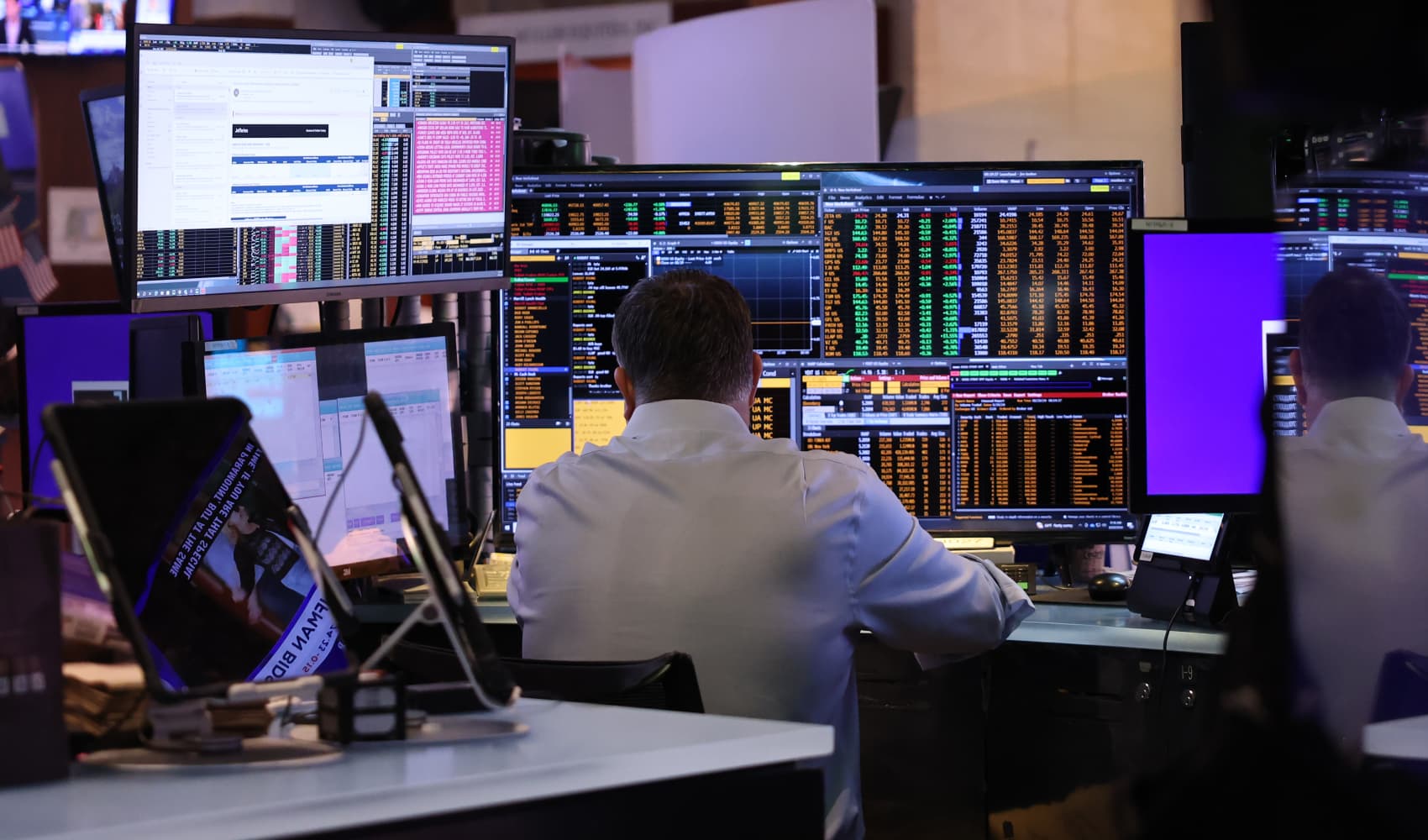
- The Federal Trade Commission is launching an investigation into so-called "surveillance pricing."
- The agency is seeking more information about how artificial intelligence is used to change pricing rapidly based on data about customer behavior and characteristics.
- It is serving eight companies with a mandatory request for information — all companies it says advertise their AI to target prices to individual customers.
The Federal Trade Commission is launching an investigation into so-called surveillance pricing, seeking more information about how artificial intelligence is used to change pricing rapidly based on data about customer behavior and characteristics.
The FTC says the practice allows companies to charge different customers, different prices.
The agency is serving eight companies with a mandatory request for information — all companies it says advertise their AI and other tech tools along with a trove of customer information to target prices to individual customers.
Get top local stories in Southern California delivered to you every morning. Sign up for NBC LA's News Headlines newsletter.
The list includes Mastercard, JPMorgan Chase, Accenture and consulting giant McKinsey. It also includes software firm Task, which counts McDonald's and Starbucks as clients; Revionics, which works with Home Depot, Tractor Supply and grocery chain Hannaford; Bloomreach, which services FreshDirect, Total Wine and Puma; and Pros, which was named Microsoft's internet service vendor of the year this year.
"Firms that harvest Americans' personal data can put people's privacy at risk," FTC Chair Lina Khan said in a news release. "Now firms could be exploiting this vast trove of personal information to charge people higher prices."
Kahn describes surveillance pricing as a "shadowy ecosystem of pricing middlemen."
Money Report
The FTC is demanding information about the types of products and services offered; how the companies collect consumer data; who their customers are; how the clients are using this product or service; and what effect it has on consumer pricing.
The agency is undertaking the action under its 6(b) authority, which authorizes it to collect information for study without a specific law enforcement action.
CNBC has reached out to the companies included in the FTC's requests.
Mastercard said in a statement, "We will cooperate with the FTC in this process."
Revionics said in a statement it does not make software that recommends pricing targeted to specific individuals and "does not, in any way, conduct operations related to the surveillance of consumers."
"We are confident that the FTC will affirm the benefits of Revionics' AI price optimization software pending its research into this matter," it said.






